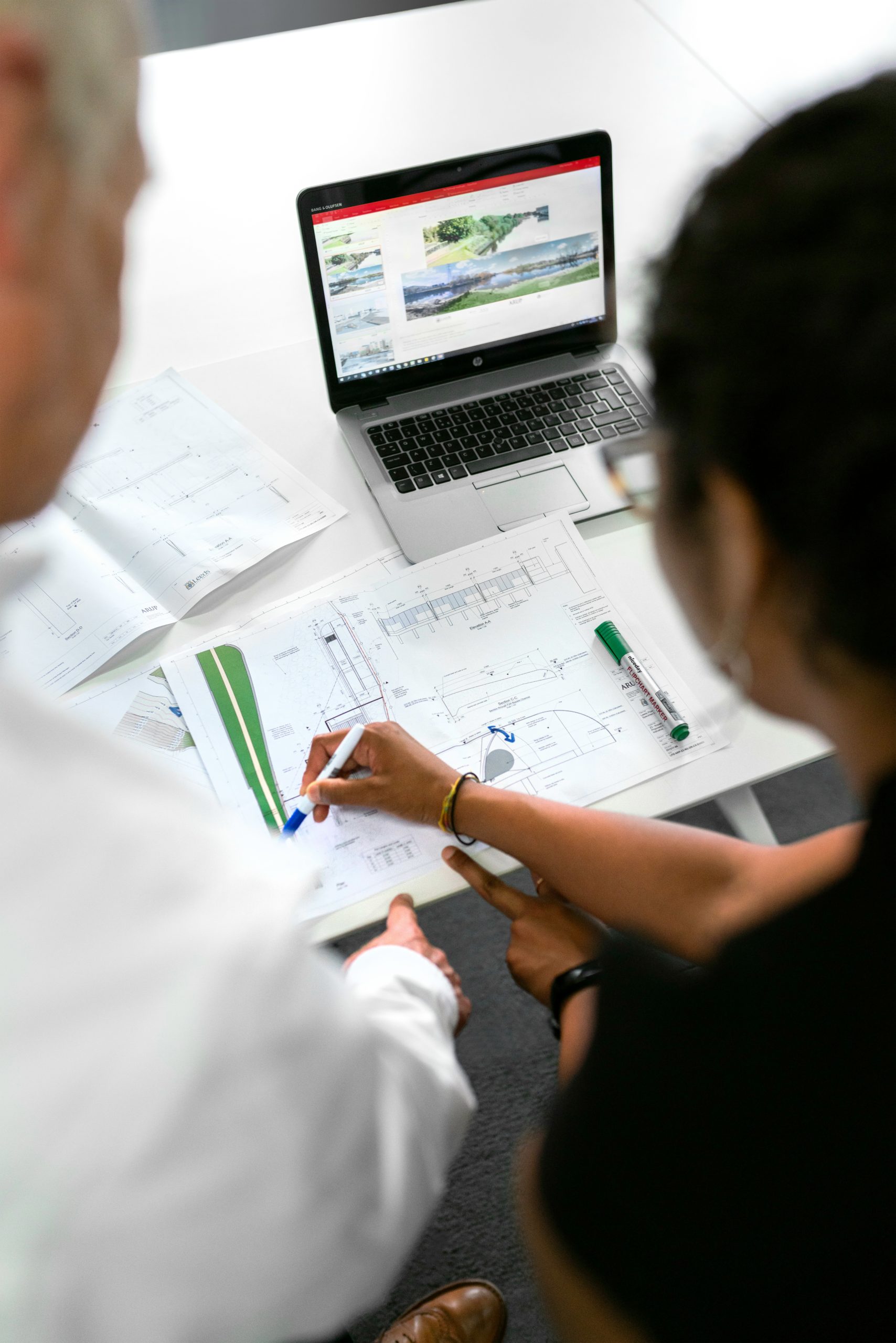About the webinar
Climate Action Accelerator’s Carbon Footprinting Toolkit
About the toolkit and how to use it
This webinar highlights the toolkit that the Climate Action Accelerator built on four years of experience working with humanitarian actors to measure and reduce their environmental impact. The toolkit features updated data, improved methodologies, and new practical tools to make carbon footprints more accessible and actionable across the sector.
Participants were guided through the strategic background and the four key steps of conducting a footprint — from defining the scope to analysing results — while showcasing real examples and use cases. The session also introduced the Knowledge Database, a curated resource hub designed to centralise methods, examples, and references. Finally, a technical focus session demonstrated how the toolkit can be applied in practice, covering categories such as business travel, energy use, and waste management.
The presentation was followed by a Q&A session, during which we discussed how humanitarian organisations can take concrete steps to reduce their environmental and carbon impact.
When and where
📆 Thursday 11 December 2025 | 13:00-14:30 CET
💻 Online on Zoom
🇬🇧 Language: The webinar was conducted in English and translated simultaneously into French via a Zoom plug-in
Meet the speakers
- Quentin Roques is the Junior Programme and Metrics Support Officer at the Accelerator. He is a digital engineer specialising in data and artificial intelligence. He joined the metrics team to help our partners quantify their footprint, calculate their trajectory and choose their targets to achieve their goals. Quentin holds a master’s degree in datascience from Telecom Paris and a master’s degree in innovation and digital design from SciencePo Paris. In his previous professional experience, he specialised in estimating Scope 3 emissions, working in the industrial sector for EDF.
- Paolo Sévègnes (moderator) is the Carbon Metrics Officer at the Accelerator. His work focuses on measuring carbon footprints and modelling decarbonisation trajectories. After a Master’s degree in Organizational Management and Administration and an Engineering degree in Logistics, he specialised in GHG footprint measurements during an experience at Médecins Sans Frontières, carrying out the calculations of the Swiss section of the organisation.
Missed the webinar? Watch the recording below or watch it directly on our YouTube channel!
Watch the replay
Download the presentation
-
Presentation by Quentin Roques - Climate Action Accelerator
Download it here
Featured
Toolkits

Carbon footprints: What is it?

Published Carbon footprints

Quick and easy wins: How to start decarbonising your organisation?

Credits
Photo: ThisisEngineering/Unsplash
